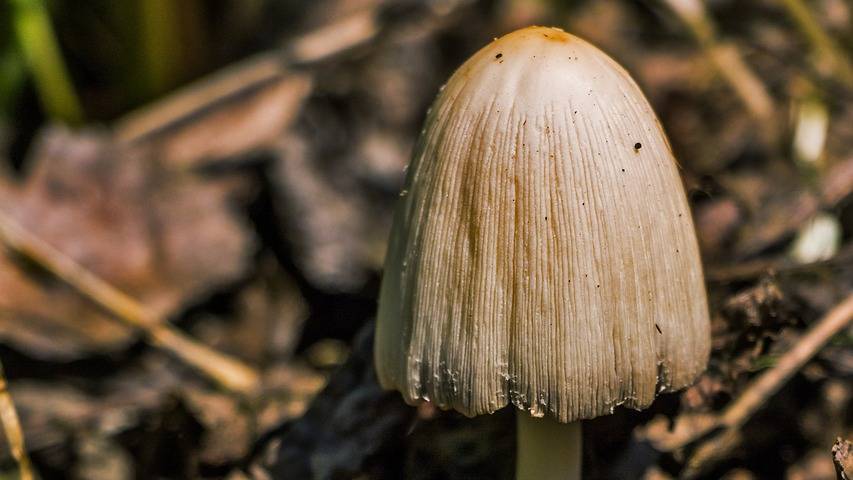A new RAND Corporation report unveils surprising trends in psychedelic drug use across the United States. Psilocybin mushrooms, commonly known as “magic mushrooms,” have emerged as the most popular psychedelic substance, surpassing even MDMA (ecstasy) in usage rates.
Mushroom Mania: The Numbers Behind the Trend
The study, based on a national survey, found that about 12% of respondents reported using psilocybin at some point in their lives, with 3.1% using it in the past year. This translates to an estimated 8 million American adults who used psilocybin in 2023 alone.
Beau Kilmer, lead author of the report and senior policy researcher at RAND, draws a parallel to cannabis policy debates from a decade ago. “The current situation with psychedelics reminds me of where we were with cannabis policy 12 years ago,” Kilmer states. “Now is the time for federal policymakers to decide if they want to shape these policy changes or stay on the sidelines.”
As state and local officials ease regulations on psychedelics, the report suggests that federal policymakers face a critical decision: should psychedelics follow the for-profit cannabis model, or take a different path?
Beyond Recreation: Policy Implications and Indigenous Rights
The researchers caution that mishandling efforts to expand non-clinical supply of psychedelics could lead to a backlash, potentially hampering research and therapeutic uses. This concern stems from historical precedent, as clinical research on psychedelics faced significant setbacks after the 1960s.
The study also highlights the importance of considering Indigenous perspectives in psychedelic policy discussions. Michelle Priest, coauthor of the report, emphasizes, “Policy changes may affect Indigenous people who have longstanding traditions with certain spiritual medicines that are commonly referred to as psychedelics. Engaging respectfully with Indigenous community members who are authorized to speak on these topics can help craft policies that benefit from generations of wisdom while protecting Indigenous rights.”
Unlike cannabis users, psychedelic users tend to indulge infrequently. The RAND survey found that only 0.9% of respondents reported using psilocybin in the past month, compared to 20% for cannabis. This pattern of infrequent use has significant implications for policy and market dynamics.
Rajeev Ramchand, another coauthor, notes, “While price is a major policy lever when we think about regulating cannabis and alcohol, it will likely play a much smaller role for psychedelics since infrequent users currently drive the market and they tend to spend relatively little on these substances.”
As the landscape of psychedelic use and policy continues to evolve, this RAND study provides crucial insights for policymakers, researchers, and the public. The findings underscore the need for nuanced approaches to regulation that consider both the potential benefits and risks associated with psychedelic substances.
If our reporting has informed or inspired you, please consider making a donation. Every contribution, no matter the size, empowers us to continue delivering accurate, engaging, and trustworthy science and medical news. Independent journalism requires time, effort, and resources—your support ensures we can keep uncovering the stories that matter most to you.
Join us in making knowledge accessible and impactful. Thank you for standing with us!

